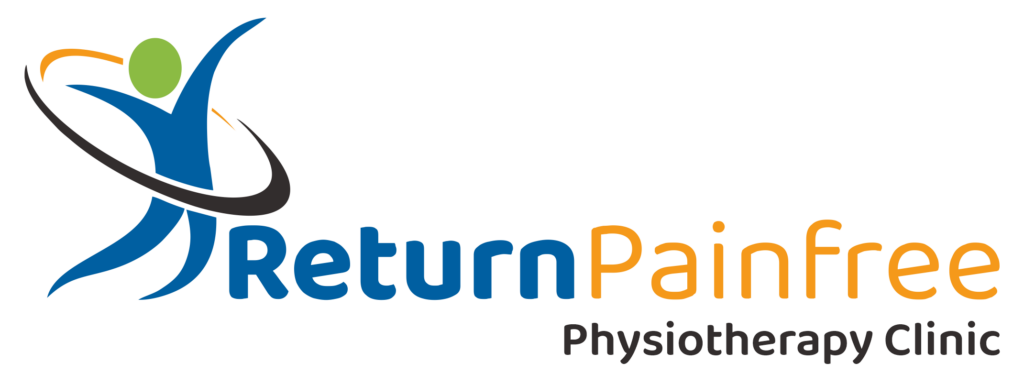FAQ
Our FAQ page answers the most common questions about treatments, session duration, recovery timelines, and care approaches at our physiotherapy clinic in Pune. It helps patients make informed decisions with clarity and confidence before starting their physiotherapy journey.
Physiotherapy can help with a wide range of pain and injuries affecting muscles, joints, and bones. Common issues include back pain, neck pain, shoulder pain, joint stiffness, frozen shoulder, and osteoarthritis. A physiotherapist will carefully assess your condition, understand your pain patterns, and create a personalized treatment plan. Treatments may include gentle exercises to strengthen muscles, manual therapy to reduce stiffness, stretching techniques to improve flexibility, and advice on posture and daily activities. The aim is not just to relieve pain but also to help you move freely, regain function, and prevent future problems.
After surgery or a fracture, the body needs more than just rest to heal properly. Physiotherapy helps restore mobility, rebuild strength, and improve balance while ensuring you do not strain the affected area. It also prevents common complications such as joint stiffness, muscle weakness, or poor posture. A therapist will guide you step by step with exercises suitable for your stage of recovery, monitor your progress, and adjust treatments as needed. Regular physiotherapy can speed up recovery, reduce pain, and help you confidently return to daily activities, work, or hobbies without fear of reinjury.
Yes. Cardiorespiratory physiotherapy is designed to support patients with lung or heart issues, including asthma, chronic obstructive pulmonary disease (COPD), post-surgery recovery, or other respiratory conditions. Physiotherapists teach breathing exercises to improve lung function, techniques to clear airway congestion, and gentle aerobic activities to build stamina. Over time, patients often notice they can breathe more comfortably, perform daily tasks with less fatigue, and feel more energetic overall. This type of therapy can be particularly helpful for people recovering from cardiac surgery or respiratory illnesses.
Absolutely. Physiotherapy is very effective for treating sports injuries, whether you’re a professional athlete or a weekend warrior. Common injuries include sprains, strains, ligament injuries, and overuse problems. A physiotherapist will assess the injury, reduce pain and swelling, and design a recovery plan that gradually restores strength, mobility, and function. Treatment may include targeted exercises, hands-on therapy, and education on injury prevention. The goal is to help you return to your sport or physical activity safely, avoid recurring injuries, and maintain optimal performance.
Poor posture over time can cause pain in the neck, shoulders, and back, as well as headaches and reduced energy. Physiotherapists evaluate how you sit, stand, and move during daily activities to identify habits that put strain on your body. They then guide you through exercises to strengthen weak muscles, stretch tight areas, and teach techniques to maintain proper posture throughout the day. Correcting posture not only reduces current pain but also prevents future problems, improves balance, and enhances overall confidence and comfort during everyday activities.
Physiotherapy can help people at every stage of life. For children, it can support healthy growth, improve motor skills, coordination, and balance, and assist in addressing developmental challenges. Sessions for children often include playful exercises and activities that make therapy fun and engaging. For older adults, physiotherapy focuses on maintaining independence, improving balance, flexibility, and strength, and reducing the risk of falls or injuries. The exercises are tailored to each individual’s abilities, ensuring safety while promoting overall health and mobility.
Yes, clinics near Sinhagad Road provide services for musculoskeletal and orthopaedic issues, including back pain, neck pain, shoulder problems, and joint stiffness. Patients can visit to get guidance on safe exercises, hands-on therapies to relieve pain, and advice on lifestyle adjustments to prevent recurring issues. Physiotherapists often create at-home exercise plans to complement in-clinic treatments, helping patients recover more effectively and regain confidence in their movements.
Recovery time depends on the severity of the injury, the patient’s age, general health, and how consistently they follow the therapy plan. Minor injuries like mild sprains or strains may improve in a few weeks with regular sessions, while major injuries or post-surgical recovery may take several months. Physiotherapists continuously monitor progress, adjust exercises, and provide guidance to maximize recovery speed and safety. Patient involvement, such as performing prescribed exercises at home and avoiding activities that may aggravate the injury, plays a key role in achieving the best results.
Yes. One of the most important aspects of physiotherapy is prevention. Therapists teach strengthening exercises, flexibility routines, and posture correction techniques to reduce the risk of future injuries. They also provide guidance on ergonomics, safe movement during daily activities, and strategies to manage minor aches before they become major problems. Many patients find that regular physiotherapy not only resolves current pain but also helps them maintain long-term mobility and function.
Clinics near Karve Nagar and Kothrud often provide physiotherapy for rehabilitation, pain management, and mobility improvement. Patients can get personalized advice on exercises, safe movement techniques, and strategies to recover from injuries or chronic conditions. Physiotherapists focus on helping patients regain function, reduce pain, and prevent reinjury while guiding them through practical daily routines and exercises that support long-term health.
